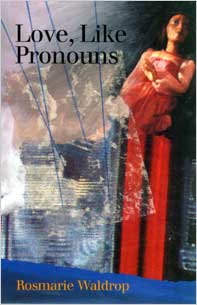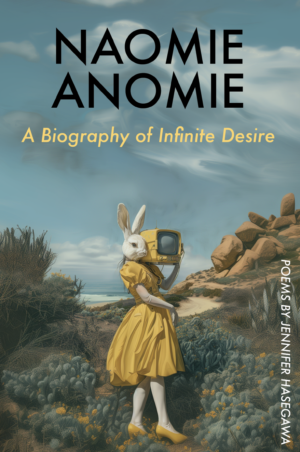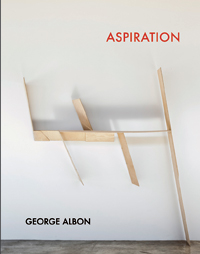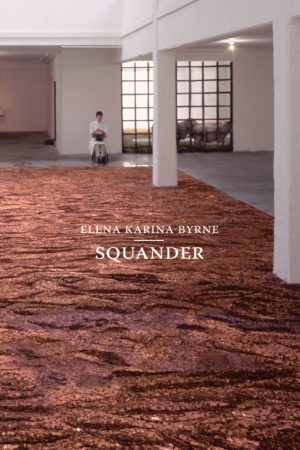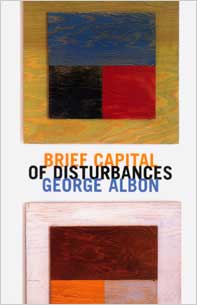Description
With the title of her latest collection, Love, Like Pronouns, Waldrop demonstrates with deft humor the relational aspects of any discourse. And, she implicitly suggests the similar slipperiness in human emotion and in human speech, as both the love object and the pronoun’s referent easily shift with, even because of any attempt to articulate it. The title also subtly resonates with Waldrop’s admiration for other writers, as well as demonstrates her awareness that each act of writing occurs in relation to—and within—the environment of other writings, past and present. In this collection, poem cycles dedicated to other writers echo with subtle synchronisms of that writer’s forms, tones, textures. Yet from out of this synchronism, Waldrop evolves her own unique mediums of address. Each poem travels its own distinct and unrepeatable conduit between experience and language. Waldrop is an accomplished and applauded writer of poetry, fiction, essays and translation.
About the Author
Reviews
Excerpt
Rosmarie Waldrop’s titles include Another Language: New & Selected Poems (Talisman House, 1997), a book of collaborations with Keith Waldrop, Well Well Reality (The Post-Apollo Press, 1998). Her memoir, Lavish Absence: Recalling and Rereading Edmond Jabès, has been published by Wesleyan Press (2002). She has received many awards and fellowships, including the NEA and the Lila Wallace-Reader’s Digest Writers’ Award. Since 1968 she has been co-editor and publisher of Burning Deck Press with her husband, translator Keith Waldrop.
Her jumpy, startling, abstract sentences seek to interrogate ordinary notions of logic, reference, grammar and truth…. Waldrop’s work plays intellect off against itself, appealing to chaos theory, non-Euclidian geometry and contemporary cosmology in order to undermine ordinary ideas….
Publishers Weekly
Waldrop fixes our attention on the literally figurative and the figuratively literal…. This slippage, especially when applied to the awkward reality of human sexuality, often creates moments of true humor: Rosmarie Waldrop is at once a philosopher of language and a master of the absurd that arises as we try to say what we mean, or mean what we say, or be what we may say.
Eric Elshtain, Chicago Review
Rosmarie Waldrop… mediates between European and American experimental poetry…. The study of the dialogic textuality of language is also a study of ourselves and how we engage the world. This is a powerful and not unfamiliar lesson; but with a mixture of clarity and obliquity and much startling imagery Waldrop give it a vitality no psycholinguistics textbook offers.
William Doreski, Harvard Review
Object Relations
How differently our words drift across danger or rush toward a lover. Meaning married to always different coordinates. I married a foreigner, in one sense. In another, no word fits with another.
Your smile breaks from any point of your body. I need a more complicated picture. This falls among crows-feet and bears no fruit. What did it try? Replace your body?
My doubts stand in a circle around us. Like visitors around the well under the house. They advise to board it up. Dampness unhinges. And decay of fish.
It would mean all night. Hands scraped on rough surmise. Remembering I too am a monster.
The objective character of statements has shifted to relations. Boiling water and the length of a column of mercury? Or that you mean me when you say “you”?
When I say “we were standing close” am I saying: we were not touching? To replace a laugh. Which could be described as: wish, yellowish, fish.
What if there is no well? What if language is not communication? If facts refuse coordinates? Detachment vanishes, as if thinned.
Meaning you consists in thinking of your body. There are no fish in my mouth.

